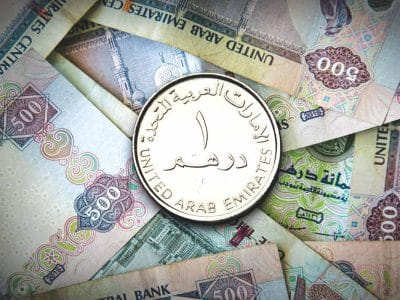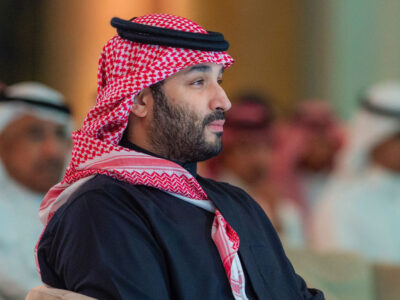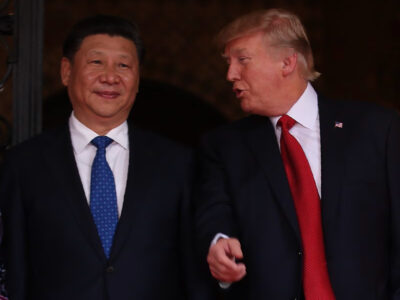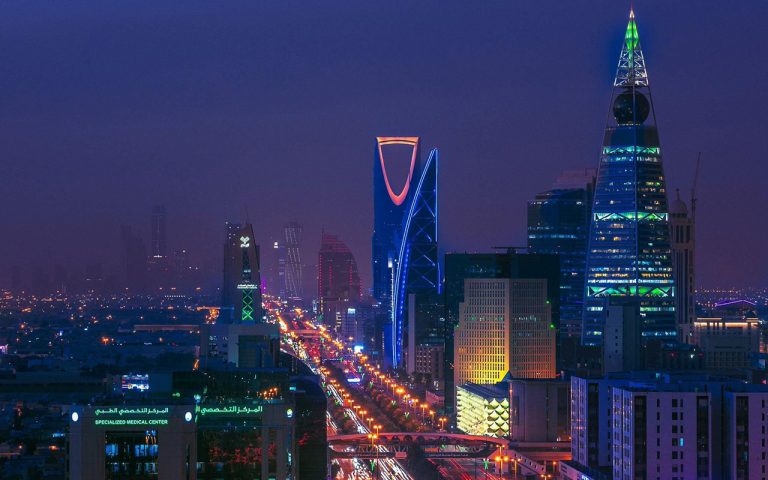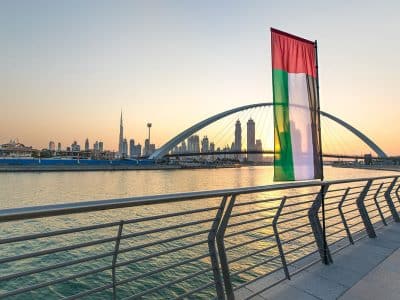A “recalibration” of US-Saudi relations under the administration of Joe Biden is unlikely to lead to any substantive change in the economic relationship between the two countries, according to Washington DC-based experts.
Even ahead of taking office, Joe Biden and now-Vice President Kamala Harris harshly criticized the Donald Trump administration for his cosy relationship with Saudi Arabia and Crown Prince Mohammed bin Salman.
Biden’s sentiment towards Saudi Arabia has continued into his administration. In his first official call to the kingdom, he chose to King Salman, rather than Mohammed bin Salman.
“We’ve made clear from the beginning that we’re going to recalibrate our relationship with Saudi Arabia,” White House press secretary Jen Psaki said at a recent press conference.
Experts in Washington, however, say that the Biden administration’s harder line towards Saudi Arabia is unlikely to rattle investor confidence from US investors looking at opportunities in the kingdom.
“The investors realize that Washington’s recent moves are to recalibrate, but not rupture, the relations with Riyadh that preserve the core foundations of US-Saudi relations,” said Mohammed Soliman, a senior associate at McLarty Associates’ Middle East and North Africa practice.
Soliman added that “Saudi Arabia is not only a G20 country, but it is the biggest economy in the Middle East with a massive foreign reserve and spending capacity.”
“Despite the change in tone from Washington, US-Saudi relations are essential to both Washington and Riyadh for strategic and commercial reasons,” he said.
 Mohammed Soliman, a senior associate at McLarty Associates’ Middle East and North Africa Practice.
Mohammed Soliman, a senior associate at McLarty Associates’ Middle East and North Africa Practice.
Additionally, Soliman said that many companies – in the US and elsewhere – continue to eye business opportunities in the kingdom related to Saudi Vision 2030.
“We have seen the recent introduction of The Line project and the recent tax and labour incentives offered for international companies to move to the kingdom,” he noted. “The international community supports Vision 2030 economic diversification goals as well as social and religious reforms.”
The Line project refers to the first development of the planned smart city in Neom, Tabuk, that will have no cars, no streets and no carbon emissions. It forms part of Saudi Vision 2030 and is expected to contribute $48 billion to GDP, according to Saudi authorities.
The US invested more than $55 billion in Saudi Arabia through February 2018 alone – the last year for which US-specific figures are available – according to the Saudi Arabia General Investment Authority (SAGIA).
According to UNCTAD’s World Investment Report 2020, FDI inflows increased 7 percent between 2018 and 2019, reaching $4.6 billion. The report identified the United States as a primary investor in the country, alongside the UAE, Kuwait, France, Singapore, Japan and Malaysia.
.jpg?QUOU_mr6) Biden’s sentiment towards Saudi Arabia has continued into his administration.
Biden’s sentiment towards Saudi Arabia has continued into his administration.
Saudi authorities have taken a number of steps to increase foreign direct investment (FDI) – which faltered as a result of Covid-19 – including holding the third annual Future Investment Initiative, the National Industrial Development and Logistics Program and the Saudi Iron and Steel Conference in 2019.
Although Saudi officials have not rolled out any plans to specifically target US investment, in 2018 Mohammed bin Salman took a whirlwind tour of the US which saw him meet with a number of companies and prominent business leaders in the country, including Bill Gates, Jeff Bezos and Richard Branson.
Sarah Elzeini, the founder and CEO of the DC-based global advisory firm SMZ International, said that investors are likely to look past any lingering political differences between Washington and Riyadh.
“US investor confidence will grow stronger because the fact of the matter is that the discussion is less about [the differences] and more about US political posturing,” she said. “It is not a strategic message the United States sends that personal diplomacy with one US president will lead to a fall-out with the next.”
“If anything, this only damages US interests in the long run,” she added. “We have seen this routinely done in the past.”
 Sarah Elzeini, the founder and CEO of the DC-based global advisory firm SMZ International.
Sarah Elzeini, the founder and CEO of the DC-based global advisory firm SMZ International.
Looking towards the future, Elzeini said it was likely the US will “lean into” a more meaningful developmental relationship with the Saudis.
“I anticipate they will, as President Biden is taking a more balanced approach than [Barack Obama],” she said. “Whether it is domestic or international, President Biden has messaged that he is focused on bridging divides.”
“The Crown Prince has leaned into a profound level of social, religious and economic progress, all with the support of the kingdom’s youth that even the United States thought would take decades for the kingdom to achieve,” Elzeini added.
